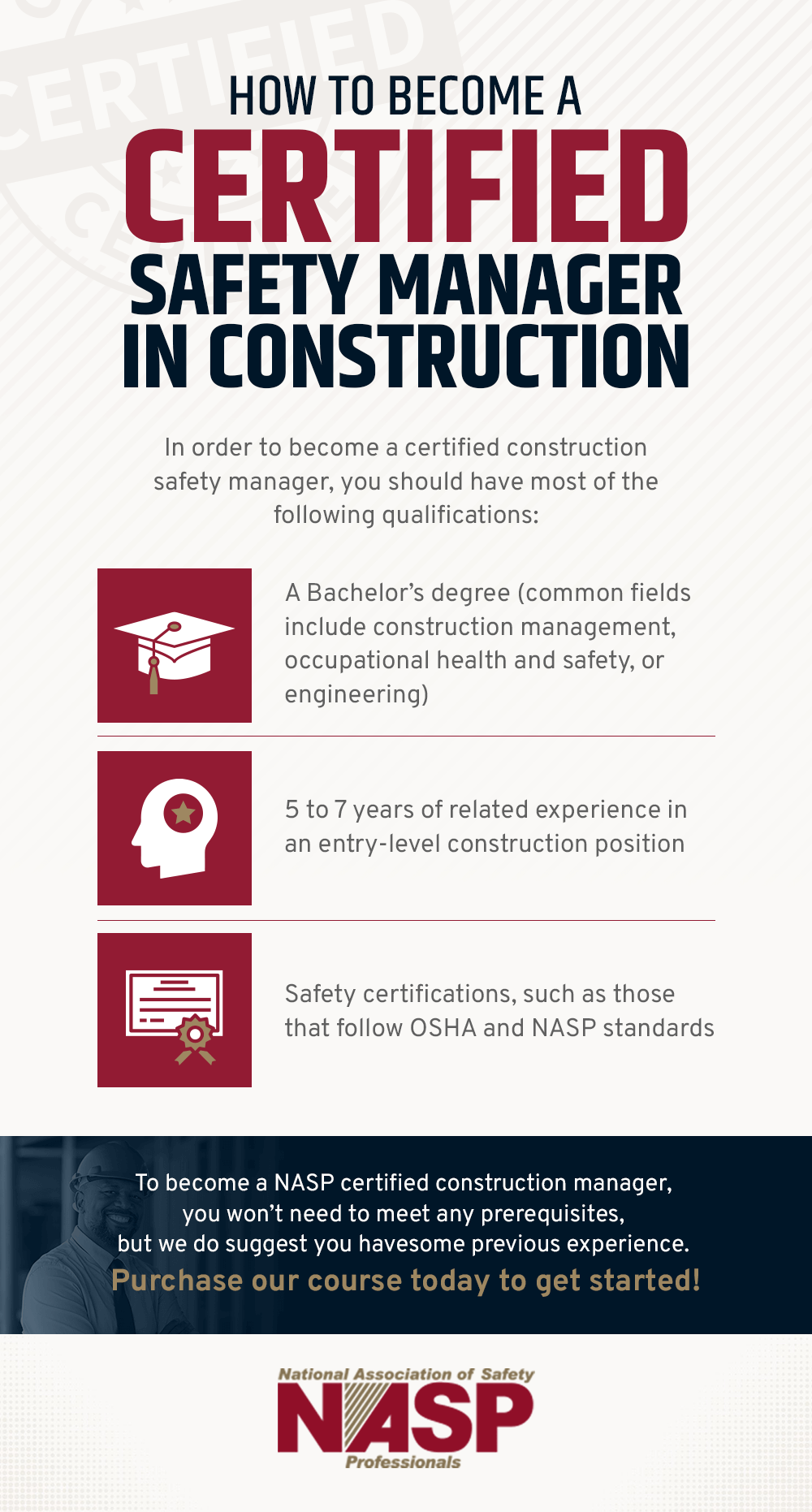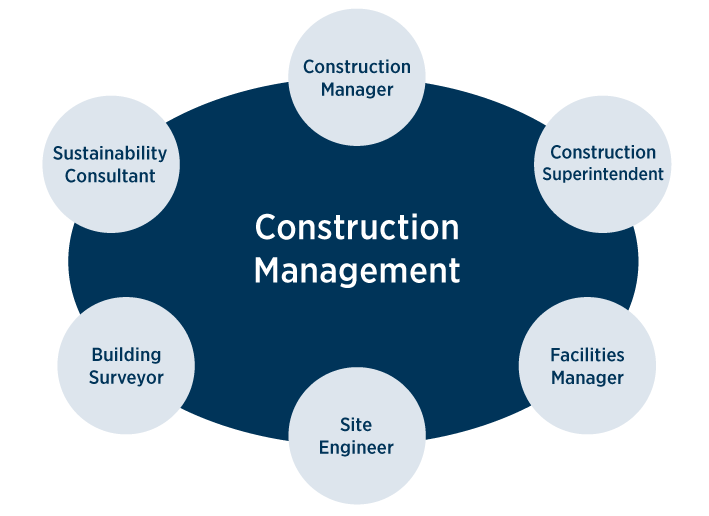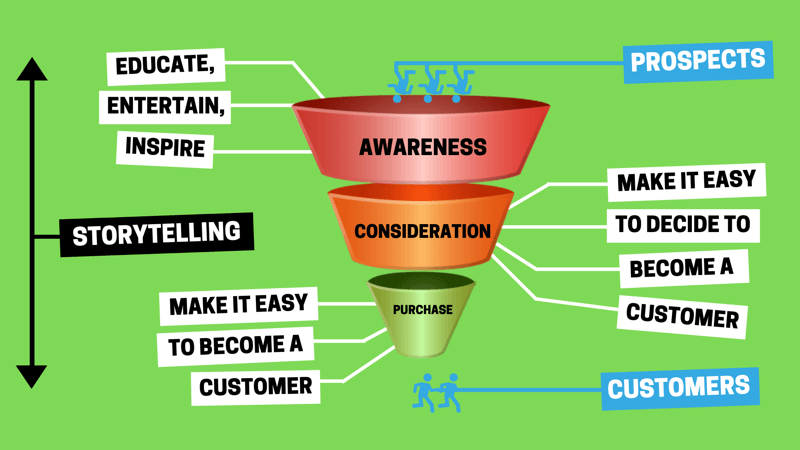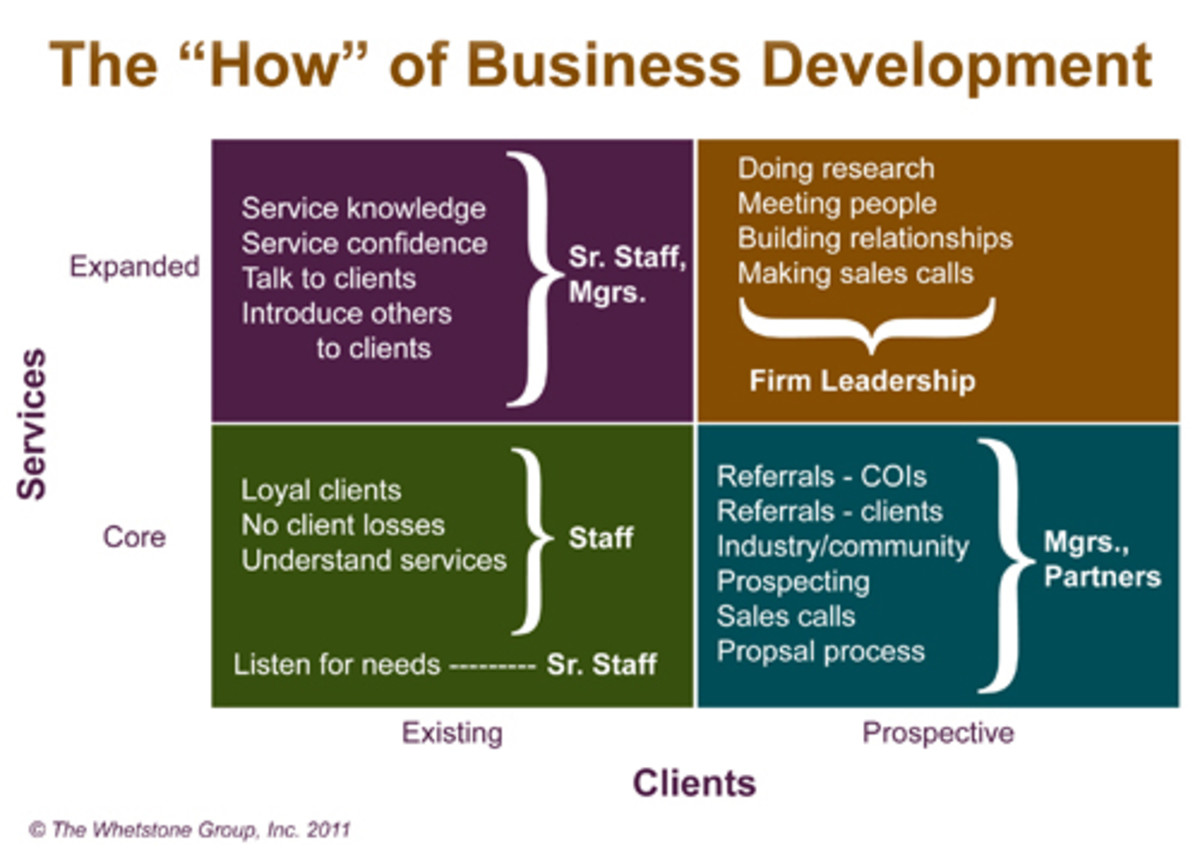How to Become a Construction Management Expert: A Complete Guide
Are you ready to take control and lead projects that shape the world around you? Becoming a construction manager might be the path you’ve been searching for.
Imagine overseeing ambitious projects, coordinating skilled teams, and ensuring that everything runs smoothly, all while making a significant impact on the landscape of your community. But how do you get there? What steps should you take to transition from interest to expertise?
You’ll discover the clear roadmap to becoming a construction management professional. You’ll learn about the essential skills, education requirements, and real-world experiences needed to thrive in this dynamic field. Whether you’re just starting out or looking to advance your career, this guide will give you the insights and confidence to move forward. So, let’s dive in and unlock the potential for a rewarding future in construction management!
The Role Of A Construction Manager
The role of a construction manager is crucial in any building project. They ensure that construction projects are completed on time and within budget. This position involves planning, coordinating, and overseeing construction activities. They work closely with architects, engineers, and other stakeholders. Their main goal is to ensure a safe and efficient construction process. Understanding the role of a construction manager can help you decide if this career is right for you.
Key Responsibilities
Construction managers have many important tasks. They prepare budgets and manage project costs. They also develop project timelines and ensure deadlines are met. Hiring and supervising workers is another key duty. They must ensure all safety regulations are followed on site. Communication with clients and stakeholders is also essential. They provide updates and address any concerns. Each task requires careful attention and organization.
Essential Skills
Several skills are essential for a construction manager. Strong leadership skills are a must. They need to guide and motivate teams effectively. Good communication is also crucial. They must convey instructions clearly and listen to feedback. Problem-solving skills help tackle unexpected issues. They often face challenges that need quick solutions. A good understanding of building codes is necessary too. This ensures compliance with legal standards. Proficiency in project management software is also beneficial. It aids in tracking progress and managing resources efficiently.

Educational Pathways
Embarking on a career in construction management opens up a world of opportunities. One crucial aspect of this journey is understanding the educational pathways available. Whether you’re fresh out of high school or looking to advance your current role, choosing the right educational path can set the foundation for a successful career in construction management. Let’s dive into the options that can lead you to a thriving career.
Degree Options
A solid educational background is key to gaining credibility in construction management. Many opt for a bachelor’s degree in construction management, civil engineering, or architecture. These programs offer a mix of theoretical knowledge and practical skills.
Universities often provide internships, allowing you to gain real-world experience while studying. Can you imagine learning project planning from seasoned professionals while still in college? This hands-on approach enriches your learning and boosts your resume.
Some people might choose an associate degree as a quicker, more affordable option. It’s a stepping stone that covers the basics and can lead to entry-level positions. Later, many professionals pursue further education to expand their career prospects.
Certification Programs
Certifications can enhance your qualifications and set you apart in the competitive job market. The Construction Management Association of America offers the Certified Construction Manager (CCM) credential.
This certification signals your expertise and dedication to employers. It’s like having an additional badge of honor in your career toolkit. Have you ever thought about how a certification could boost your confidence in job interviews?
Moreover, online platforms offer specialized courses that fit into your schedule. These certifications focus on specific skills like project management software or sustainable construction practices. They provide flexibility and keep you updated with industry trends.
Choosing the right educational pathway requires careful consideration of your goals and circumstances. What’s the best fit for your career ambitions? Take the time to explore your options and plan your journey in construction management wisely.
Gaining Practical Experience
Gaining practical experience in construction management is crucial for anyone looking to thrive in this field. It’s not just about acquiring knowledge; it’s about applying what you’ve learned in real-world situations. This hands-on experience can set you apart and propel your career forward.
Internships And Apprenticeships
Internships and apprenticeships offer a fantastic opportunity to immerse yourself in the construction world. They allow you to work alongside seasoned professionals, gaining insights that textbooks simply can’t provide. Imagine shadowing an expert project manager and witnessing how they handle complex situations—it’s a learning experience like no other.
Many companies offer structured internship programs. These not only provide practical skills but also help you build a network of industry contacts. An internship can be your gateway to future employment opportunities. If you’ve ever wondered how theory translates into practice, this is your chance to find out.
Entry-level Positions
Entry-level positions are another avenue to gain experience. Starting out as a construction assistant or junior project coordinator can give you a solid foundation. You’ll learn the ropes and understand the daily dynamics of construction sites.
These roles might seem basic, but they are invaluable stepping stones. You get to observe project lifecycles and understand management strategies from the ground up. Think about it: would you rather start small and learn the intricacies, or jump into the deep end without a life jacket?
Consider the skills you will develop. Communication, problem-solving, and technical abilities are honed in these roles. Each day presents new challenges, keeping you engaged and continuously learning.
Your journey in construction management is unique, but gaining practical experience is a common thread that can lead to success. Dive in, get your hands dirty, and see how these opportunities can shape your career.
Advanced Training And Certifications
Advanced training and certifications elevate a construction management career. They offer specialized knowledge. Enhance skills. Boost professional credibility. These credentials are highly sought after. They are recognized globally in the construction industry. Pursuing them can open doors. Provide more career opportunities. Below are some key certifications.
Project Management Professional (pmp)
The PMP certification is well-regarded in many industries. Including construction. It demonstrates expertise in project management. Professionals learn to lead projects effectively. They gain skills in planning, executing, and monitoring. The certification process involves rigorous training. Followed by a challenging exam. Passing this exam validates your proficiency. It shows your ability to manage projects successfully.
Certified Construction Manager (ccm)
The CCM is specific to construction management. It highlights your competence in this field. Candidates must have extensive experience. They should possess relevant education. The certification process includes a comprehensive review. It tests knowledge in various construction disciplines. Acquiring CCM status enhances your career. It distinguishes you from peers. Employers value this credential highly.
Navigating Industry Challenges
Starting a career in construction management involves understanding industry challenges. Focus on developing skills in project planning, cost control, and team coordination. Learn about safety regulations and technological advancements to stay ahead in the field.
Navigating industry challenges is an essential skill for anyone looking to excel in construction management. With the ever-evolving landscape of technology, regulations, and project demands, construction managers must be adept at tackling obstacles head-on. Understanding how to manage risks and comply with regulations not only ensures project success but also sets you apart as a leader in the field.
Risk Management
Risk management is a cornerstone of successful construction management. Every project carries its unique set of risks, whether it’s budget overruns, safety concerns, or unforeseen delays. Identifying these risks early can save time and resources. Consider setting up a risk assessment meeting before the project begins. Bring together your team to brainstorm potential challenges and develop strategies to mitigate them. Regularly update your risk management plan as the project progresses to address new challenges. Staying proactive with risk management helps you avoid costly mistakes. It also boosts your credibility with clients and stakeholders. How do you currently handle risks, and could refining your approach improve project outcomes?
Regulatory Compliance
Navigating regulatory compliance can be daunting, but it’s crucial for a successful construction project. Regulations vary by location and project type, so thorough research is key. Ignoring compliance can lead to fines, project delays, or even legal issues. Start by familiarizing yourself with local building codes and industry standards. Engaging with local authorities early in the project can smooth the approval process. Keep a checklist of regulatory requirements handy to ensure nothing slips through the cracks. The construction landscape changes rapidly, and staying informed about new regulations is vital. Attend industry workshops and seminars to keep your knowledge up to date. Are you confident in your regulatory knowledge, or is there room for improvement? By mastering risk management and regulatory compliance, you can navigate industry challenges with confidence and precision. Your proactive approach not only safeguards your projects but also enhances your reputation as a skilled construction manager.
Embracing Technology In Construction
In today’s rapidly evolving construction industry, embracing technology is no longer optional—it’s a necessity. As a construction manager, leveraging technological advancements can streamline processes, improve efficiency, and enhance safety. The digital age offers tools that transform how projects are planned, monitored, and executed. By integrating cutting-edge technology, you can stay ahead of the curve and ensure your projects run smoothly. Here, we’ll explore two pivotal technologies that are reshaping construction management: Building Information Modeling (BIM) and Drones and Robotics.
Building Information Modeling (bim)
BIM is a game-changer in construction management. It allows you to create digital representations of physical and functional characteristics of a building. You can visualize every detail before the first brick is laid. This means fewer surprises and more accurate budgeting.
Imagine being able to foresee potential conflicts in design before they become costly mistakes. BIM offers you this foresight. It enhances collaboration by providing a shared space for architects, engineers, and contractors to interact.
Are you leveraging BIM to its full potential? If not, consider how this tool can improve communication and decision-making on your projects. It can even aid in post-construction maintenance by serving as a reference model.
Drones And Robotics
Drones have become indispensable in construction sites. They offer a bird’s-eye view of the project, providing insights that were previously impossible to obtain. You can use them for site surveys, monitoring progress, and ensuring safety.
Robotics, too, are making waves. They can handle repetitive tasks like bricklaying or concrete pouring, freeing up human workers for more complex duties. This not only increases efficiency but also reduces the risk of injuries.
Have you considered how drones and robotics could enhance your construction management strategy? They can lead to faster completion times and lower labor costs, offering a significant competitive advantage.
By embracing these technologies, you can transform the way you manage construction projects. Are you ready to integrate these tools into your workflow and elevate your role as a construction manager?
Networking And Professional Growth
Networking and professional growth are essential for success in construction management. Building strong relationships within the industry opens doors to new opportunities. Professional growth ensures you stay competitive in this evolving field. Let’s explore some key strategies for networking and growth.
Industry Conferences
Industry conferences are great places to meet professionals. These events gather experts from various sectors. Attending allows you to learn from seasoned leaders. You can hear about the latest trends and technologies. Conferences often feature workshops and interactive sessions. These provide hands-on experiences and networking chances.
Prepare before attending a conference. Research speakers and topics. Set clear goals for what you hope to achieve. Be ready to introduce yourself and ask questions. After the event, follow up with contacts. Send personalized messages to maintain the connection. This strengthens relationships and keeps communication open.
Joining Professional Associations
Professional associations offer valuable resources for construction managers. Membership connects you with peers and industry leaders. Associations often host events, seminars, and webinars. These provide insight into industry standards and practices. They also offer certification programs to boost your credentials.
Joining an association enhances your professional profile. It shows commitment to your career and industry. Participate actively in association activities. Volunteer for committees or task forces. This increases visibility and provides leadership experience. Networking through associations can lead to mentoring opportunities. Learning from experienced professionals accelerates your growth.

Future Trends In Construction Management
Exploring construction management involves understanding future trends like technology integration and sustainable practices. Learning these skills can help build a successful career. Stay updated and adapt to changes for better opportunities.
In the ever-evolving world of construction management, staying ahead of the curve is essential. As the industry grows, it embraces new trends that redefine how projects are planned, executed, and completed. From sustainable practices to cutting-edge technology, construction management is becoming more innovative and efficient.
Sustainable Building Practices
Sustainability isn’t just a buzzword; it’s a necessity. Modern construction projects increasingly focus on reducing environmental impact. This means using eco-friendly materials and minimizing waste. Imagine working on a project where solar panels are standard, and rainwater harvesting systems are seamlessly integrated. Sustainable building practices not only help the planet but also reduce long-term costs. As a construction manager, you can lead the charge by advocating for greener solutions.
Smart Construction Technologies
Technology is reshaping construction management in ways previously unimagined. Smart construction technologies like drones, 3D printing, and Building Information Modeling (BIM) are streamlining processes. Picture a site where drones survey progress, providing real-time data to adjust timelines and budgets. Or consider how 3D printing can create complex components quickly and precisely. Adopting these technologies can enhance efficiency and accuracy, giving you a competitive edge. Are you ready to embrace these trends in your construction projects? By understanding and leveraging these future trends, you not only improve project outcomes but also position yourself as a forward-thinking leader in the construction management field.

Frequently Asked Questions
What Skills Are Needed For Construction Management?
Construction management requires strong leadership, communication, and organizational skills. You should understand project management, budgeting, and scheduling. Knowledge of construction methods and technology is essential. Problem-solving skills and attention to detail are also crucial. Being able to work under pressure and adapt to changes is important in this field.
How Long Does It Take To Become A Construction Manager?
Becoming a construction manager typically takes four to six years. This includes earning a bachelor’s degree in construction management or a related field. Gaining experience through internships or entry-level positions is vital. Some professionals may pursue additional certifications, which can further enhance career prospects.
Is A Degree Necessary For Construction Management?
A degree is often required for construction management positions. Most employers prefer candidates with a bachelor’s degree in construction management or a related field. A degree provides essential knowledge and skills. However, some professionals advance through extensive experience and on-the-job training.
Certifications can also enhance your qualifications.
What Are The Career Prospects In Construction Management?
Construction management offers strong career prospects with diverse opportunities. The demand for skilled construction managers is growing. They are needed in residential, commercial, and infrastructure projects. With experience, you can advance to higher positions like project manager or senior manager.
Continuous learning and specialization can further enhance your career growth.
Conclusion
Starting a career in construction management is truly rewarding. Follow the outlined steps and develop essential skills. Always keep learning and stay updated with industry trends. Building strong networks can open more opportunities. Gaining experience in different projects can enhance your expertise.
Remember, patience and dedication are key. This field offers many challenges and rewards. With effort, you can succeed and grow in this profession. Embrace each step of your journey. Your future in construction management awaits. Stay focused, work hard, and enjoy the journey.

































